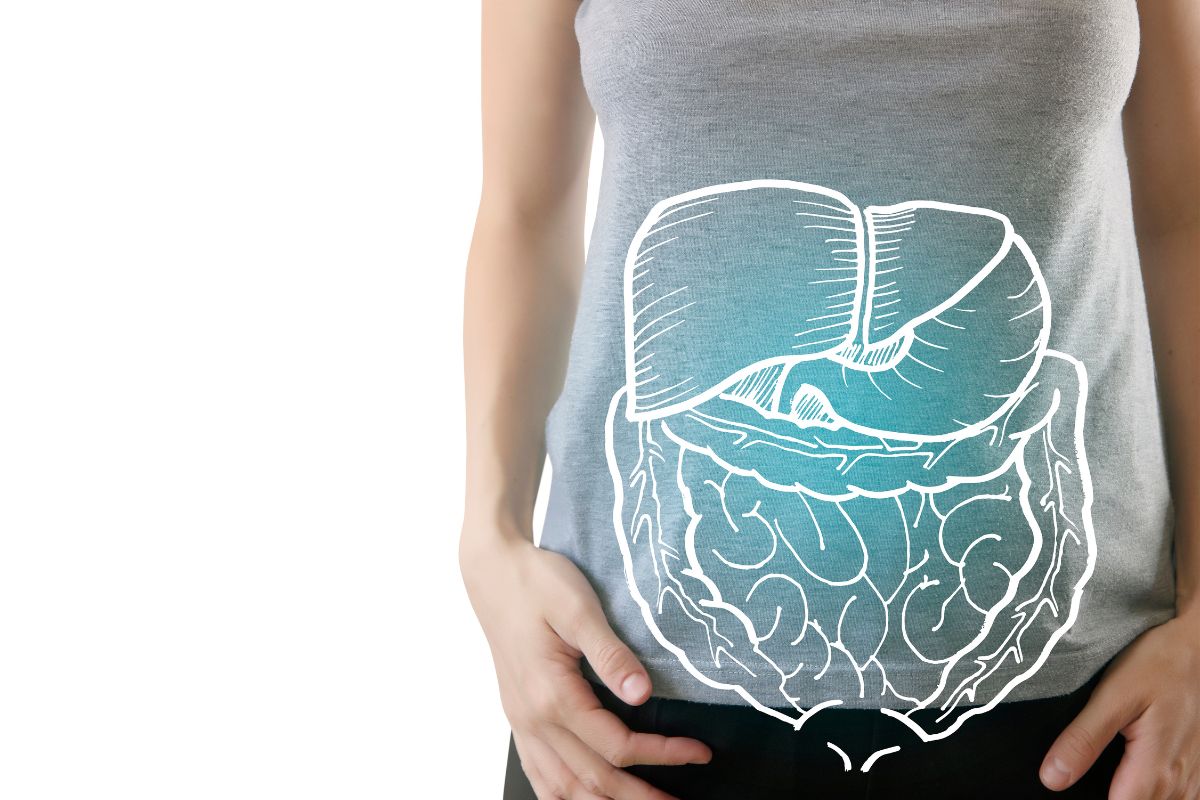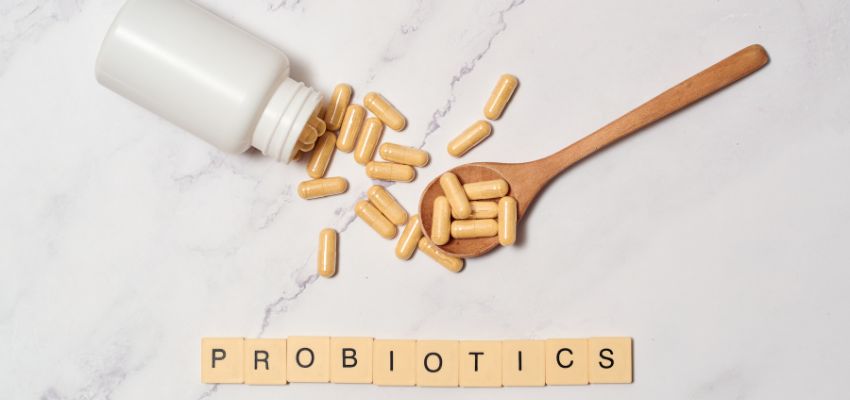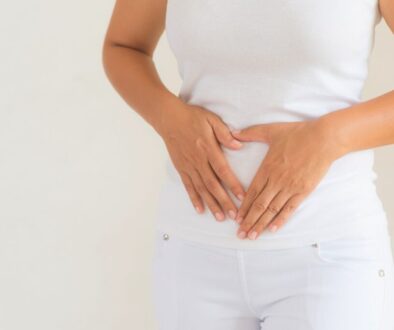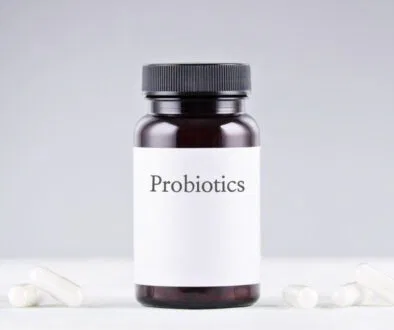Can Probiotics Cause Gas and Bloating?

Published November 13th, 2022
Probiotics have their share of pros and cons. While they boast many health benefits, probiotics may also cause several side effects. The most common of which is the apparent increase in farting, which leads some people to ask: can probiotics cause gas and bloating?
Can Probiotics Cause Gas And Bloating?
Unfortunately, yes. Bloating and flatulence are the two most frequent probiotic side effects. That’s because our body already has a population of good and harmful microorganisms. They make up what we call our microbiota. When we introduce probiotics into the fray, your body may not recognize them immediately. The increased flatulence is one of the signs probiotics are working in your body. It may take the body a few days to weeks to adjust to the probiotics.
The good bacteria will also start to affect your body’s digestive process during this period. As a result, the foods you eat are broken down and converted into nutrients much faster. This process creates gas as a by-product. This answers the question—do probiotics cause gas? The body then gets rid of this excess gas by burping or passing it through your anus.
Foods rich in carbohydrates are primarily known to give off lots of gas. So if you want to minimize farting while on probiotics, cut back on carbohydrate-rich foods. Starting with a low dose of probiotics will also help. It helps your body become acquainted with probiotics, thus minimizing adverse reactions.
The good news is these side effects or digestive problems typically clear up after a few days. Interestingly, if you don’t have these side effects, probiotics can alleviate gas and bloating instead.
Simply put, the health benefits often outweigh the adverse side effects once your body adjusts.

Other Side Effects Of Probiotics
Aside from the unpleasant digestive gas, probiotics may also cause the following side effects:
Headaches
Some probiotic foods, particularly fermented ones, contain biogenic amines.
They are substances that develop when you age or ferment protein-rich foods. Though generally safe, some people don’t respond well to amines. It restricts their blood flow and may even cause headaches.
Skin Rashes
Though very rare, there have been reports of people experiencing skin rashes due to probiotics. But it’s worth noting that this side effect often depends entirely on the probiotic strain or species.
In addition, they’re typically very mild. Stop taking probiotics if they seem severe or don’t clear up quickly.
Increased Allergy Risk
Some probiotic strains can increase histamine levels in your blood. This can lead to allergy symptoms like inflammation, watery eyes, runny nose, or difficulty breathing.
Probiotic foods or even supplements contain or are derived from dairy, egg, or soy. If you’re allergic to these foods, read the label first.

Increased Risk Of Infection
Probiotics are generally safe but can pose a risk for people with compromised immune systems. A review in 2017 shows that they can develop bacterial and fungal infections from using probiotics.
As such, they must first consult a doctor before taking probiotics.
Should You Take Probiotics Every Day?
In general, it’s safe to take probiotics every day. It’s recommended to take them daily.
Remember that probiotics are considered natural supplements, not medicines. Thus, they pose no risk of overdosing. Besides, it can take days for the good bacteria to establish themselves in your microbiome.
This makes probiotics most effective when taken regularly.
When Should You Stop Taking Probiotics?
Side effects from probiotics are usually not life-threatening. And in many cases, they go away on their own. But if they don’t, or they worsen, call your doctor immediately to determine the possible causes. Your doctor will likely know if the symptoms are caused by probiotics or something else entirely. When it comes to your health and everything else in life, always err on the side of caution.

Frequently Asked Questions About Probiotic Side Effects
-
What do probiotics do?
Probiotics, often called the “good” bacteria, help maintain the health of your gut. The supplements comprise live bacteria and yeasts that are beneficial for your digestive system. They can perform several functions, such as gut balance, maintain heart health, boost the immune system, and potentially promote weight loss. If you plan on using probiotics, it’s best to consult a healthcare professional for advice.
-
Can probiotics cause gas and stomach pain?
Probiotics can cause gas and stomach pain, along with other digestive symptoms. While most will not experience side effects from probiotics, some reported reactions. Some of these include uncomfortable digestive symptoms like gas and bloating. The alterations in the gut microbiota due to probiotics can cause the bacteria to generate more gas than usual. This leads to stomach discomfort or pain. However, these side effects are brief and tend to subside after the first few days or weeks of probiotics.
-
Can probiotics cause diarrhea?
Along with other digestive symptoms such as stomach pain, gas, and bloating, diarrhea is also likely. These symptoms can often arise if a person takes too many probiotic supplements or cannot eat enough fiber.
-
Do probiotics help with bloating?
Probiotics can potentially aid with bloating. As a combination of live beneficial bacteria and yeasts, it helps balance the gut microbiome. If the bloated sensation is due to an imbalance of bacteria in the microbiome, probiotics are the key to balance it out.
-
What are the signs probiotics are working?
Once you start taking probiotics, you may notice several changes in your body. In most cases, it ranges from improved digestion, better energy levels, clearer skin, and better mood. For many, improved digestion is the first and immediate bodily change.

Wrapping Up: Can Probiotics Cause Gas And Bloating?
Probiotics can indeed increase flatulence, which may result in bloating. However, it only lasts for a while, at which point it can alleviate various symptoms, including irritable bowel syndrome. You can also minimize the intensity or frequency of the symptoms with the proper steps. Similarly, you may amplify the side effects if you consume too many probiotics simultaneously, though there’s no risk of overdosing.
Other side effects, like skin rashes, headaches, and allergic reactions, are not as likely. The bottom line is that you must communicate with your doctor. So, don’t hesitate – take the first step towards better gut health by discussing probiotics with your healthcare provider today!
Benefit From The Latest Advancements In Probiotic Science With Bionaze
Bionaze is a proprietary blend of probiotics proven to promote ear, nose, and throat health, improve digestion, and support your immune system. The active ingredients BLIS K12, and BL-04 are considered among the best probiotics according to science.
Get 25% Off Your First Order when you use BIO25 at checkout!

This Content Has Been Reviewed For Factual Accuracy
This content has undergone thorough fact-checking by our team of internal experts. Learn more about the meticulous editorial standard for our website here.
ADVERTISEMENT

About The Author
Lenard Arceo is an experienced writer who enjoys learning to code in his spare time. He has a fascination with health and nutrition and enjoys sharing his knowledge and research. He is proud of his commitment to communicating factual content that has helped his readers with life changing choices over the years.




